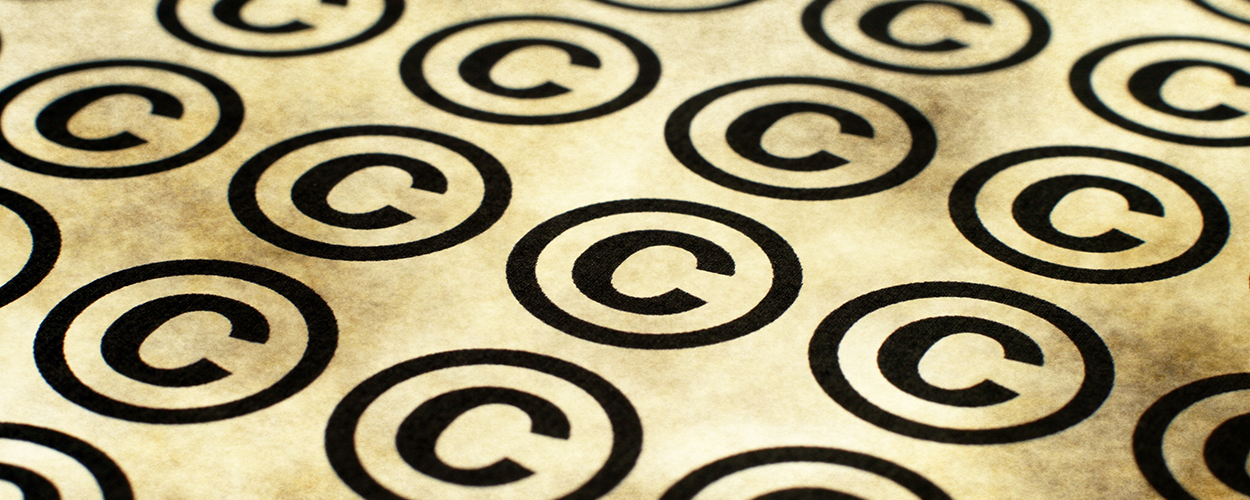This website uses cookies so that we can provide you with the best user experience possible. Cookie information is stored in your browser and performs functions such as recognising you when you return to our website and helping our team to understand which sections of the website you find most interesting and useful.
Business News Labels & Publishers Legal
Music industry groups say a European Commission guidance document could hinder safe harbour reform
By Chris Cooke | Published on Friday 11 September 2020

Trade groups representing the music and wider copyright industries have expressed concerns over guidance being put together by the European Commission regarding the safe harbour reforms contained in last year’s European Copyright Directive.
They are concerned that the guidance, although not binding on anyone, could result in those reforms being implemented by each EU member state differently to the way in which they were originally intended.
In the final draft of the directive, it was article seventeen that reformed the copyright safe harbour across the European Union. For the wider music industry, this was the most important element of the whole directive, it increasing the liabilities of user-upload platforms like YouTube whose users include unlicensed music in their uploads.
The safe harbour, of course, means that internet companies whose users utilise their servers and networks to infringe copyright cannot be held liable for that infringement, providing they have systems in place via which copyright owners can have the infringing content removed.
The music community has long argued that platforms like YouTube have abused that safe harbour – which was originally intended for internet service providers and server hosting companies – in order to force music rights owners into unfavourable licensing deals. Or, in some cases, to operate platforms distributing music with no licences at all.
The music industry hopes that the reforms contained within article seventeen will sufficiently restrict the use of safe harbour by user-upload platforms so that the negotiating hand of record labels, music publishers and the music industry’s collecting societies is strengthened in any licensing talks.
YouTube and the tech sector lobbied hard against the reforms, initially behind the scenes and then subsequently with a full-on consumer-facing campaign. Although the final version of article seventeen was very much a compromise, the music industry was much happier with that final outcome than the tech sector.
Among other things, article seventeen says that user-upload platforms will be legally obliged to make “best efforts” to secure licences for content being unofficially uploaded to their servers and/or to block and remove content that copyright owners tell them is not cleared.
The term “best efforts” is, of course, very much open to interpretation. Meanwhile, the tech sector kept bringing up the fact that some user-uploaded content that contains other people’s material without permission might actually be covered by a so called copyright exception (eg parody, critical analysis, news reporting) and therefore no licence is required.
Given those complexities, at the end of article seventeen the European Commission was instructed to “organise stakeholder dialogues to discuss best practices for cooperation between online content-sharing service providers and rightsholders”. On the back of those dialogues, the Commission needs to “issue guidance on the application of this article”.
It’s those dialogues that the music and other copyright industries have expressed concerned about. That’s based on a consultation paper produced by the Commission which, the trade groups say in an open letter to the EC, “interprets essential aspects of article seventeen of the directive in a manner that is incompatible with the wording and the objective of the article, thus jeopardising the balance of interests achieved by the EU legislature in article seventeen”.
Although any guidance ultimately published by the EC is just that – guidance for EU member states as they implement the safe harbour reforms into the own copyright systems – the fear is that if that guidance gets things wrong and is written in a prescriptive way, it could have a tangible impact on how the reforms are implemented. Which means the reforms approved by the EU Council and European Parliament could be sneakily further reformed.
The open letter goes on: “By interpreting article seventeen in a manner that is contrary to the intent of the EU legislature and the EU copyright acquis, the proposed guidance amounts to an attempt to rewrite the directive and amend EU copyright law without due legislative process”.
Aside from that being against the European law-making process, it also conflicts – the letter argues – with the Commission’s own decision to a make culture “one of Europe’s priority ecosystems for recovery from the impact of the COVID-19 pandemic”.
Because if the Commission screws up safe harbour reform with some dodgy guidance, the cultural industries will not get the negotiating power boost that article seventeen was intended to deliver.
The letter, addressed to the EU’s Internal Market Commissioner Thierry Breton, is signed by music industry organisations like IFPI, ECSA, GESAC, ICMP, IMPF and IMPALA, as well as trade bodies representing the movie, TV, book, sport and news industries.
Commenting on it all, IMPALA boss Helen Smith says: “The directive is meant to rebalance the online market by reinforcing the position of creators and citizens in their dealings with platforms. It constitutes a significant step towards a fairer internet. Why rewrite the rules now?”
“The Commission is at risk of overstepping its guidance role by re-opening the directive”, she continues, “which is the result of a carefully crafted compromise reached by the co-legislators, the European Parliament and member states”.
Concluding, Smith goes on: “The EU has recently flagged that culture is a priority for European recovery and we have asked member states to implement [the copyright directive] urgently as a crisis response. That’s going to be tricky if the directive is rewritten. The value gap remains the biggest barrier to growth in the cultural sector today”.





